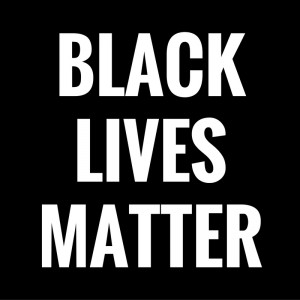As a practitioner in the helping profession, it is my job to help people thrive. None of us can truly thrive if groups of us are being singled out, mistreated, attacked, harmed, and killed. The Black members of our communities continue to experience this.
It is my responsibility as a member of this community, health practitioner, and white-presenting person to use every platform I have to address issues of injustice and inequity in my community to communicate that this community cares about what happens to you and we will fight alongside you for your rights and your lives. Racism oppresses, harms, and kills.
Yes, all lives matter, but here in the United States, Black lives specifically are historically and consistently undervalued. It does not devalue anyone’s life to say that Black lives matter. If it offends you or is uncomfortable for you to hear the phrase, “Black lives matter,” consider the reasons why a group of people in our community feels like they need this movement. Consider why this movement is criminalized. What must their experience be like if they are so vocal about this movement? One group is saying, “All lives matter,” while another group is saying “Stop abusing and killing us.”
White people are often afraid to talk about racism. Many of us feel uncomfortable around it and silence ourselves. Our silence is unacceptable and is a very real, harmful symbol of our agreement that some lives are more important than others. It is a clear sign of our privilege that we are afraid to have uncomfortable conversations about race while Black people are afraid for their lives. As people who hold privilege, it is our responsibility to talk openly about racism and how we can work to eradicate it. It is our responsibility to keep learning and unlearning, growing and changing, and to be better for our community members who deserve our respect, our voices, and our solidarity.
